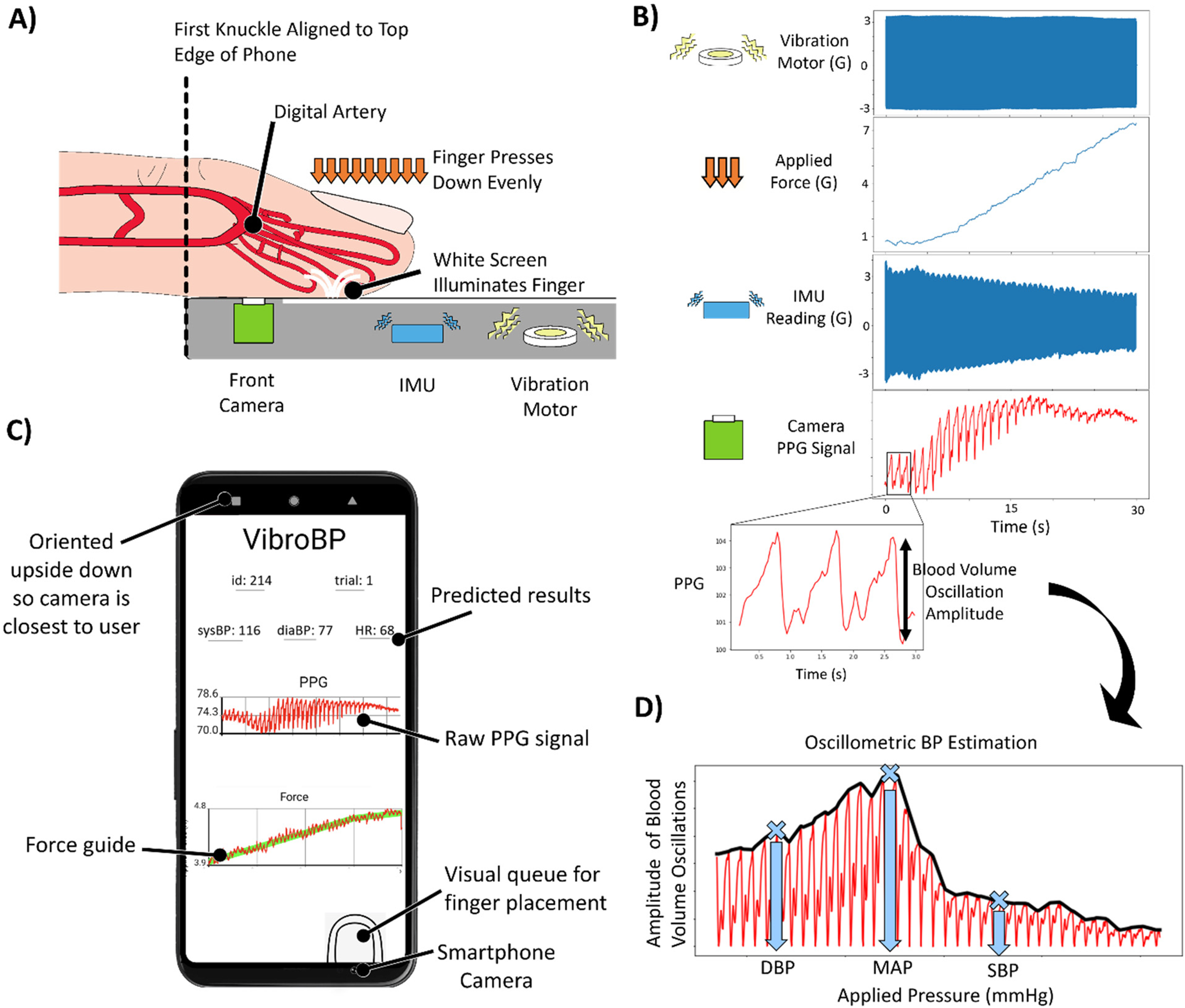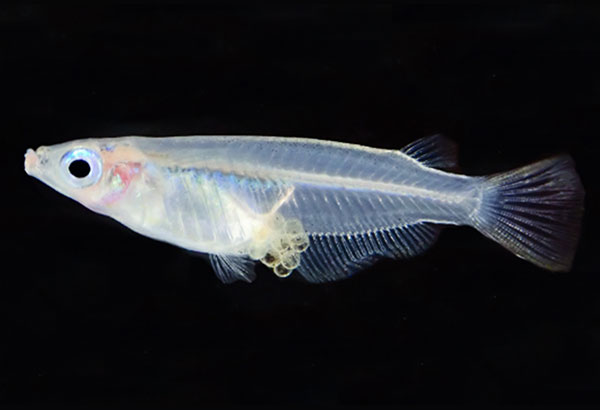2025-01-14 ワシントン州立大学(WSU)

Illustration by msan10 on iStock
<関連情報>
- https://news.wsu.edu/press-release/2025/01/14/strength-connected-to-sexual-behavior-of-women-as-well-as-men/
- https://www.sciencedirect.com/science/article/abs/pii/S1090513824001235
米国人女性と男性の集団サンプルにおける体力、交配成功、免疫・栄養コスト: 登録報告書 Strength, mating success, and immune and nutritional costs in a population sample of US women and men: A registered report
Caroline B. Smith, Edward H. Hagen
Evolution and Human Behavior Available online: 6 January 2025
DOI:https://doi.org/10.1016/j.evolhumbehav.2024.106647
Abstract
Theory and evidence suggest that the mating benefits of muscle mass in human males trade off with costs of increased energy intake and decreased measures of innate immunity, likely due to an evolutionary history of sexual selection. Lassek and Gaulin (2009) demonstrated a positive association between male fat-free mass and limb muscle volume and mating success but did not investigate women. It is therefore unknown if females experience a similar tradeoff. Using data from the 2013–2014 phase of the National Health and Nutrition Examination Survey (NHANES), a large nationally representative sample of US adults (N = 4316), we tested the prediction from the sexual selection hypothesis that the association of upper-body strength, proxied by grip strength, with mating success is significantly positive for males and significantly less so for females. We found a main effect of strength on mating success proxied by lifetime number of sexual partners and current partnered status, but not past-year number of sexual partners or age at first intercourse. We found consistent evidence for a grip strength X sex interaction on partnered status, such that strength was significantly more important for male partnered status than female (but no significant interaction for lifetime sexual partners). We also tested for tradeoffs of upper-body strength with immune and dietary intake and found a positive relationship between grip strength and protein and energy intake, but no significant relationship between grip strength and innate immune function. Our results suggest that sexually dimorphic upper-body strength might have evolved, in part, by increasing male long-term mating success.


